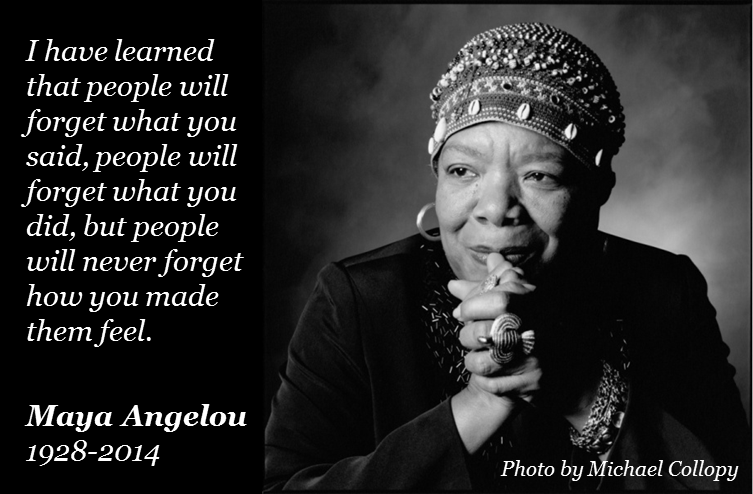
This post is a departure from my usual: it’s about a specific company, for a specific reason. First, some background.
Since 2007, Thanksgiving has been a time of reflection for me. That’s the year I was diagnosed as almost dead, yet by Fall I got to hear “looks like you beat it!” What a Thanksgiving that was.
I know firsthand that when a person like me is in need, being cared for and about makes all the difference.
I learned a lot about healthcare that year, and a ton more in the sixteen years since, as I’ve advocated globally for healthcare to recreate itself from the sick person’s view. That work is global, but it starts with “1-to-1” a hundred times over, when a desperate person experiences whether their assigned staff knows them and cares.
For several months I’ve been working with NRC Health, one of my 2022 speaking clients, whose mission is tightly aligned with mine. “Human understanding” is what drives everything they do, and their mission is to humanize healthcare. It might sound like one of those feel-good ideas that doesn’t mean anything tangible, but they’ve made it tangible. I like it, especially since it works.
Their tools help clients understand the needs and concerns of individual patients, in a way that doesn’t disrupt time-pressured clinicians. (You saw I value that, above.) Knowing what is important to you can assist staffers without ruining their workload. To my mind it’s a significant invention.
NRC Health just reported two hospitals whose Net Promoter Scores (NPS) jumped several points after using this method for 10 and 22 months, respectively. Most hospitals spend millions getting no improvement at all, so something that genuinely works is real news!
The practical problem with “human understanding”
Here’s where the nutcracker-tough business problem comes in: it takes time for care teams to know each of us … and, as one awarding-winning clinician said years ago, “There’s no billing code for compassion.” That’s why it’s essential to make it systematic – to capture each patient’s wants in the system, and work that understanding into the day-to-day.
There’s more to healthcare than medicine.

We too often forget, I think, that Maya Angelou’s famous quote is never more relevant than when you’re in trouble and you come to someone for help – for care, whether it’s for yourself, your baby, your mom.
But there is still resistance, and that’s why leading change requires leadership. The gut-punch question I’ve been asked more than once after a speech is, “Hey! If we’re saving your life, what more do you want?”
We want to be taken care of along the way.
We want to feel that you care what’s important to us. And if you don’t, we may be willing to vote with our feet – as I did this year, when I took my business elsewhere in one case. (LinkedIn exploded when I posted about it – apparently everyone knows consumers aren’t happy with their care!)
But I know that every single person with a medical license – nurse, physician, whoever they are – made a choice in life to apply their education and their mind to curing. For those who do that and also choose to know who I am and what matters to me … I’m extra grateful.
Indeed here I am, sixteen years later, still thinking about those who cared for me. And truly pleased to see that the vision of rethinking healthcare to be caring is showing up in commerce. It’s why what this company’s doing makes me so happy.
If you want to explore more about it, see their Movement page, particularly the For Consumers page, which has six ways for patients to do their/our part in speaking up about your wants and keeping your care team informed.


epatientDave. Thanks for reminding us of these important facts.
Good to hear from you, Gary – I’m sure this isn’t a message YOU need to be reminded of!